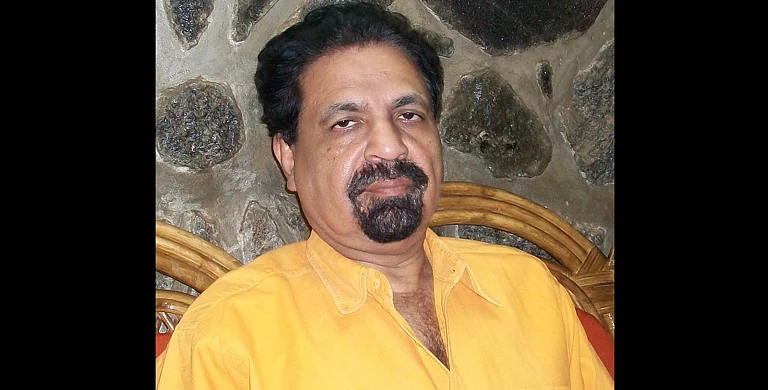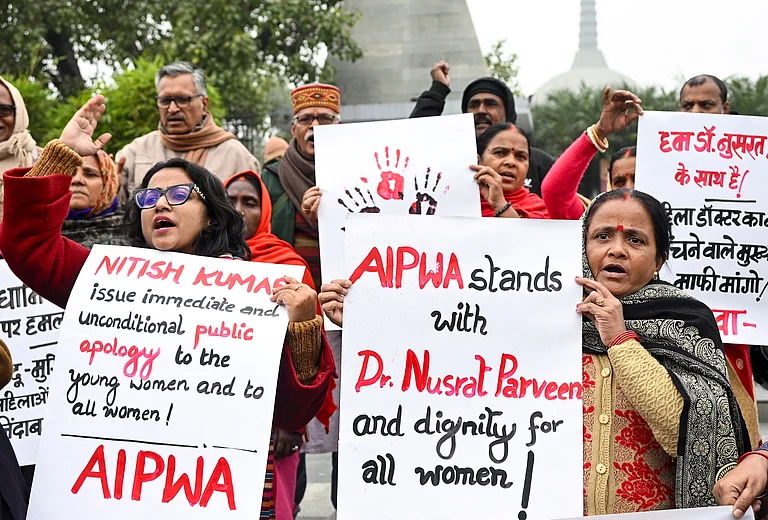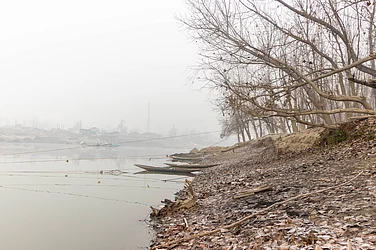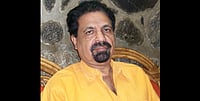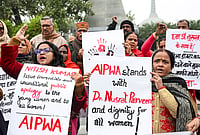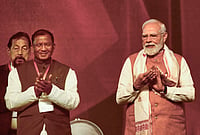
The guide is brought out by the Centre for Civil Society and is the effort of a fact-finding group of commited students. President Parth Shah is happy that this edition, which covers almost all 33 departments (with a special focus on the Bhagidari system) received much more help, even inputs from the government. The much-touted Bhagidari, or participatory management by residents’ bodies, is found to be most effective in central Delhi and the least in East Delhi with its concentration of slums and poor colonies.
Some protest that it is unconstitutional and misused by powerful resident welfare associations. For instance, 35 borewells, which Delhi Jal Board says are illegal, have been dug in posh Vasant Kunj under Bhagidari. Secondly, it has made the government even less committed to providing basic services. Third, it has created a parallel power centre, especially in already developed localities, often useful for nurturing political ambitions.
The book is also useful for the light it sheds on some unusual work done by the state! Some gems: 110 acres of land is used for running gosadans, with the number of resident cows far less than the capacity. The government spends Rs 1 crore annually on the Delhi Wakf Board, the state Haj Committee and the Gurudwara Election office but there are no accounts. The Prevention of Food Adulteration department’s 37 inspectors test just six samples every month. Three years ago, it was two. The directorate of higher education spent only Rs 6 crore of its outlay of 70 crore till February ’05, some of it on running coaching classes!








